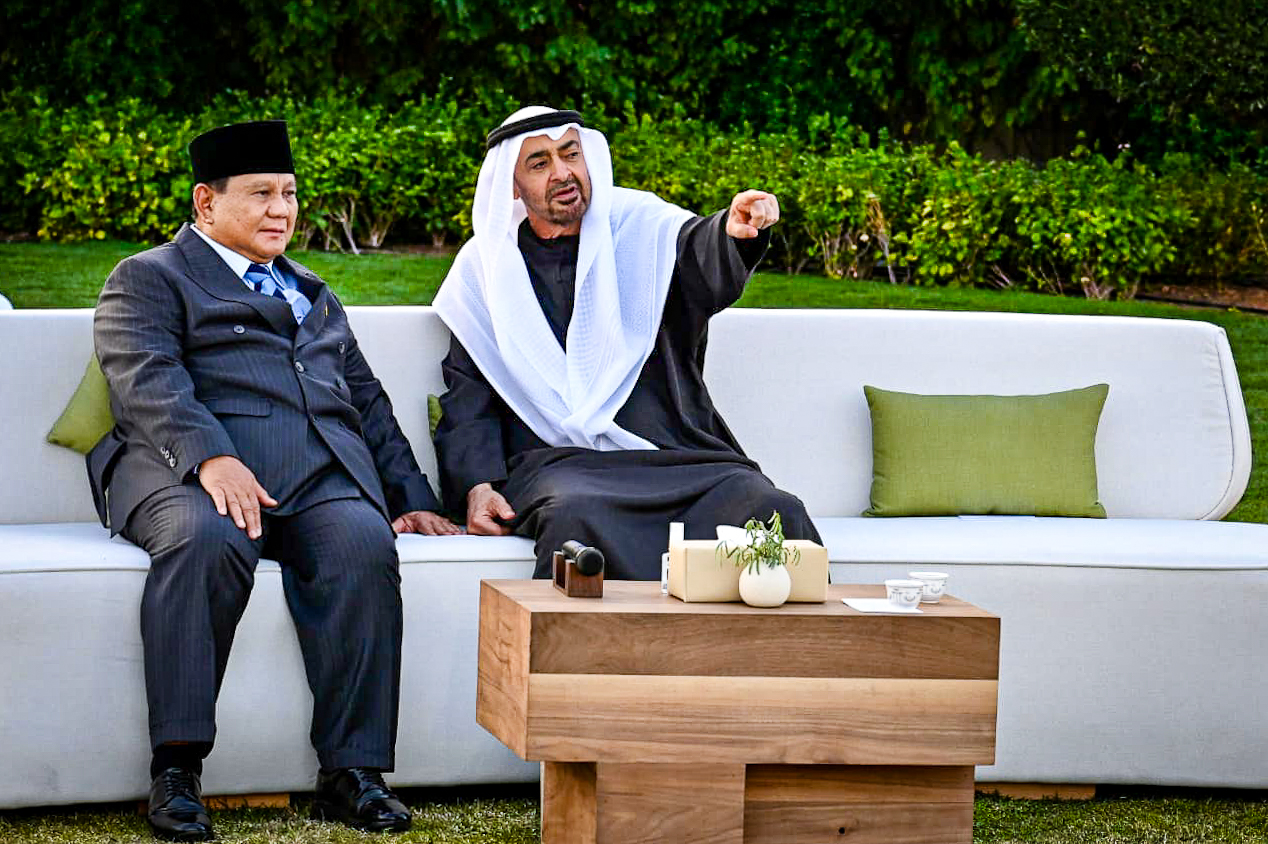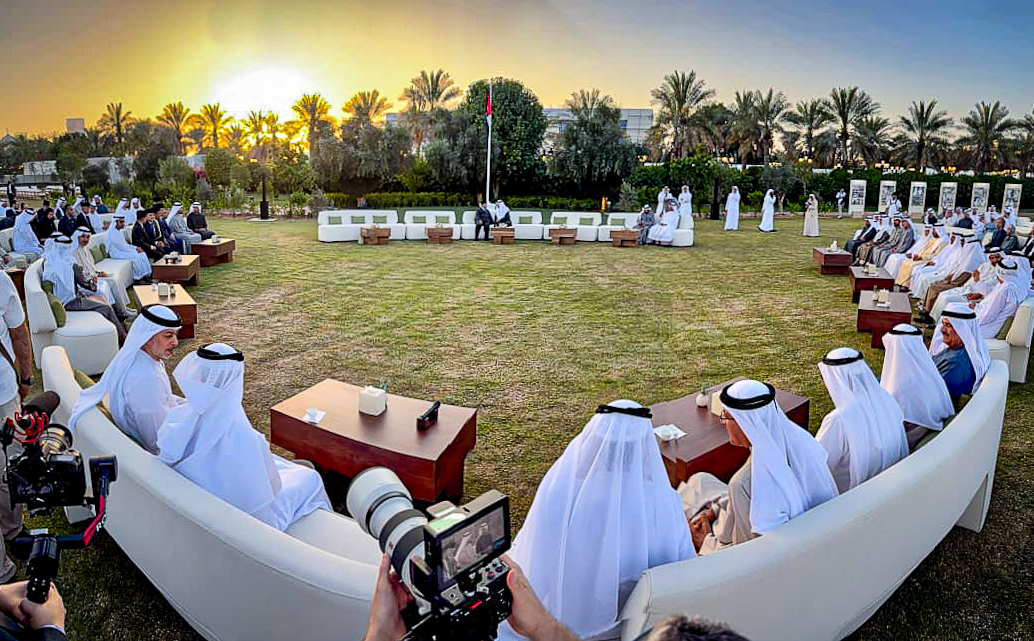President Jokowi Reveals Short, Mid Terms in 2025 State Budget Bill

President Jokowi delivers the Government statement on the state budget bill for the 2025 fiscal year and its financial note before the plenary session of the House of Representatives in Jakarta, Monday (08/05) (Youtube Channle of BPMI of Presidential Secretariat)
The 2025 State Budget architecture is an important pillar to support sustainability and people’s welfare, according to President Joko “Jokowi” Widodo.
The statement was made by the President while delivering the Government statement on the State Budget bill for the 2025 Fiscal Year and its financial note before the plenary session of the House of Representatives in Jakarta, Friday (08/16).
“The 2025 State Budget architecture is an important pillar to support sustainability through the strengthening of various flagship programs from the current administration to the next one,” President Jokowi said, adding that the 2025 State Budget is designed to maintain stability, inclusivity, and sustainability to improve welfare and equality through inclusive and sustainable economic growth.
The President added that it is also important to continue structural reforms, maintain healthy and credible fiscal policy, and enhance fiscal, monetary, and financial collaboration.
“Revenue, spending, and financing must be designed to be flexible and provide fiscal space to anticipate uncertainties and support development sustainability during the Government transition period,” he added.
On that occasion, the Head of State highlighted short-term strategies focused on accelerating economic growth, improving welfare, and promoting equality at regional levels. They are as follows.
First, the free nutritious meals program (MBG) aims to boost children’s nutrition, while empowering MSMEs and improving the economies of lower-income people in the regions.
Second, an acceleration of school renovation to increase access, quality, and “link and match” between education and businesses, as well as a conducive education ecosystem must also be carried out.
Third, productivity must be encouraged, and the supply and affordability of food prices must be maintained to strengthen food estates and irrigation networks.
Fourth, affordable housing is necessary to improve people’s economy.
Fifth, capital for MSMEs must be improved.
Moreover, President Jokowi also highlighted mid-term strategies focused on accelerating economic transformation towards sustainable and inclusive economic growth. They are as follows.
First, the production of excellent human capital that is productive, innovative, and competitive through quality education, free nutritious meals, school renovation, high-quality healthcare services, and social protection.
Second, strengthened downstreaming and green transformation to increase value-added, low emissions, and export-oriented economic activities.
Third, improvement of inclusivity and fairness in order to realize welfare that is enjoyed by all elements of the society across Indonesia.
Fourth, continuing infrastructure development that supports economic transformation, especially infrastructure development in education, food, and connectivity sectors.
Fifth, bolstering implementation of bureaucratic reforms and regulation simplification.
Sixth, promotion of creative economy and entrepreneurship through empowerment and improvement of access to capital for MSMEs.
Seventh, strengthening of defense and security as well as food and energy self-sufficiency.
Eighth, strengthening of nationalism, democracy, and respect for and enforcement of human rights. (MAY/ABD) (AP/EP)








